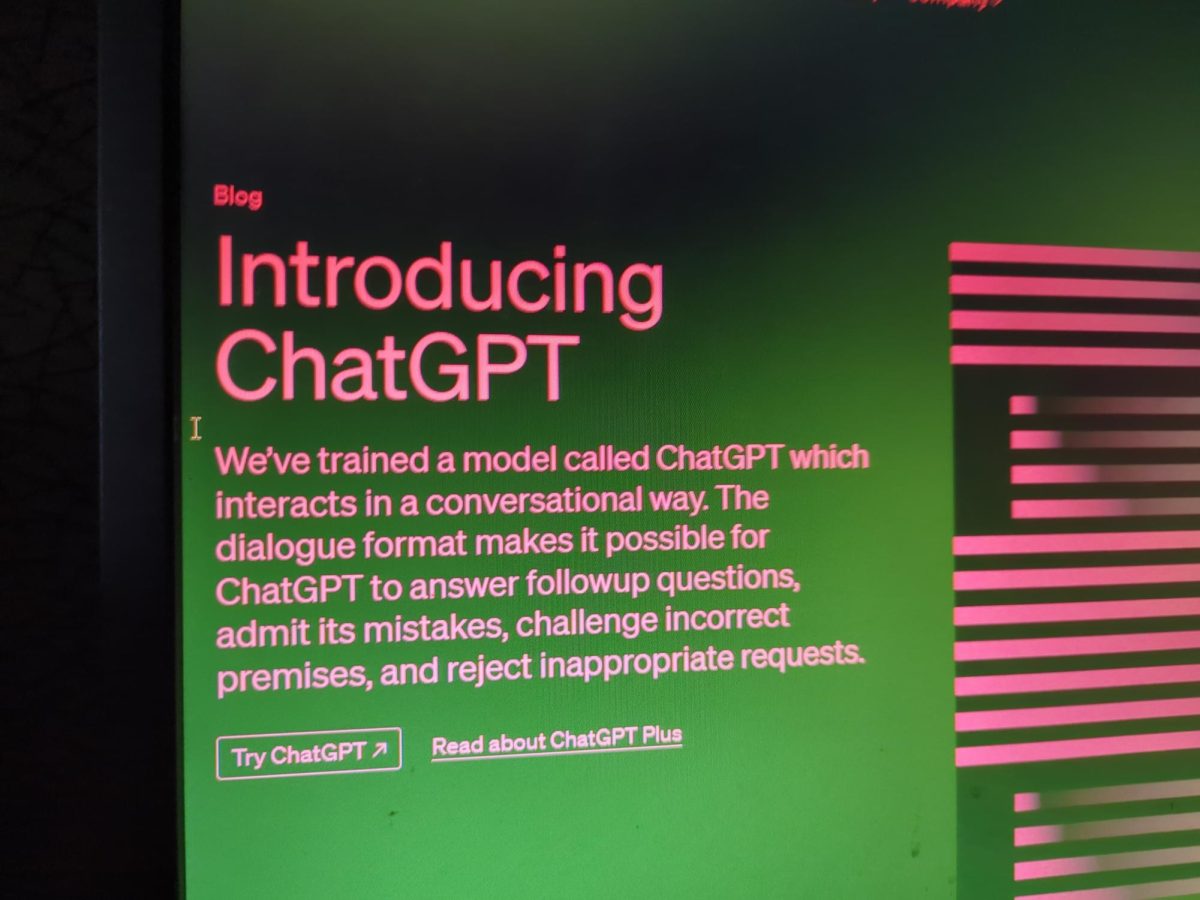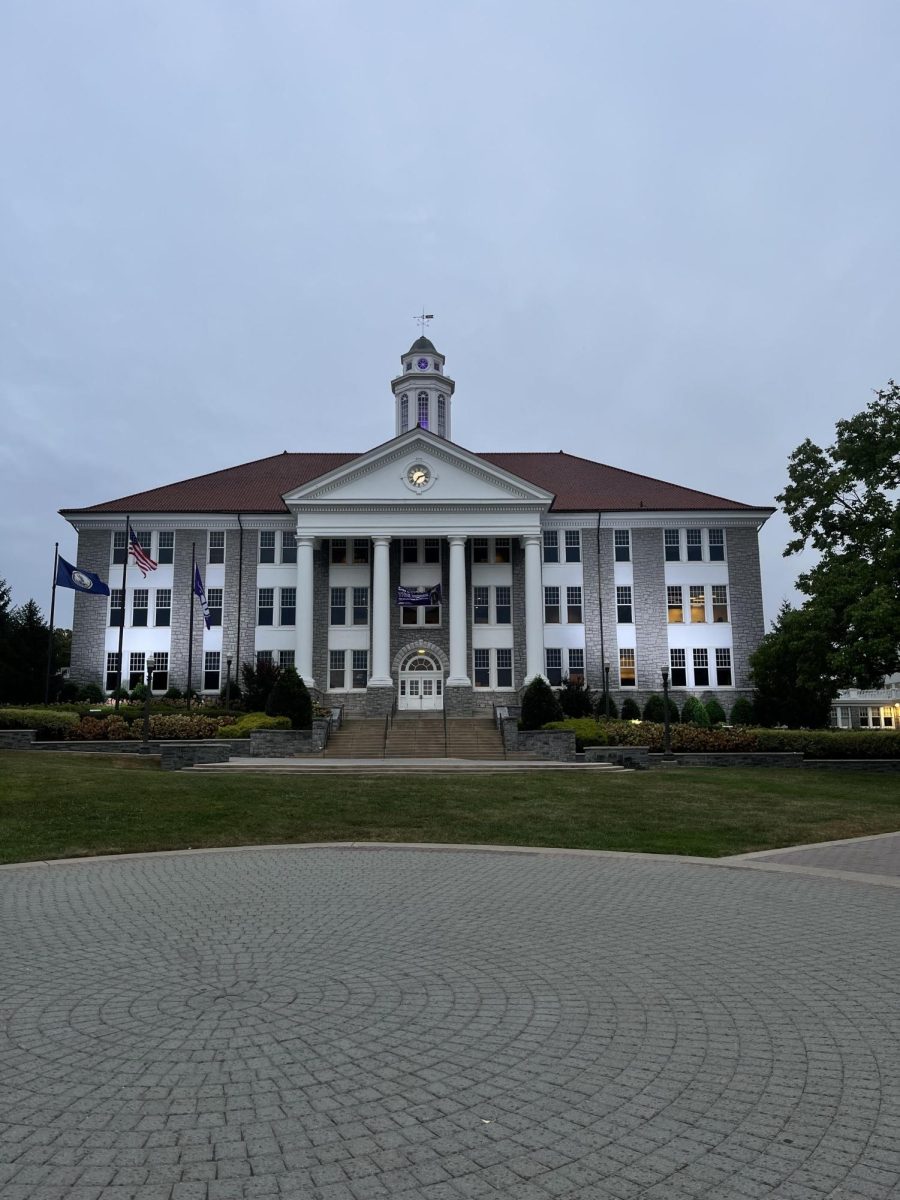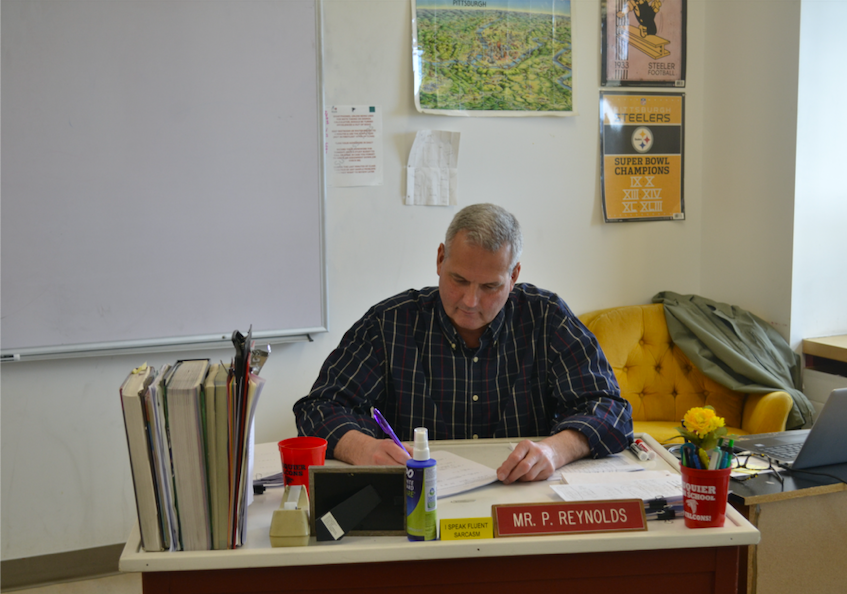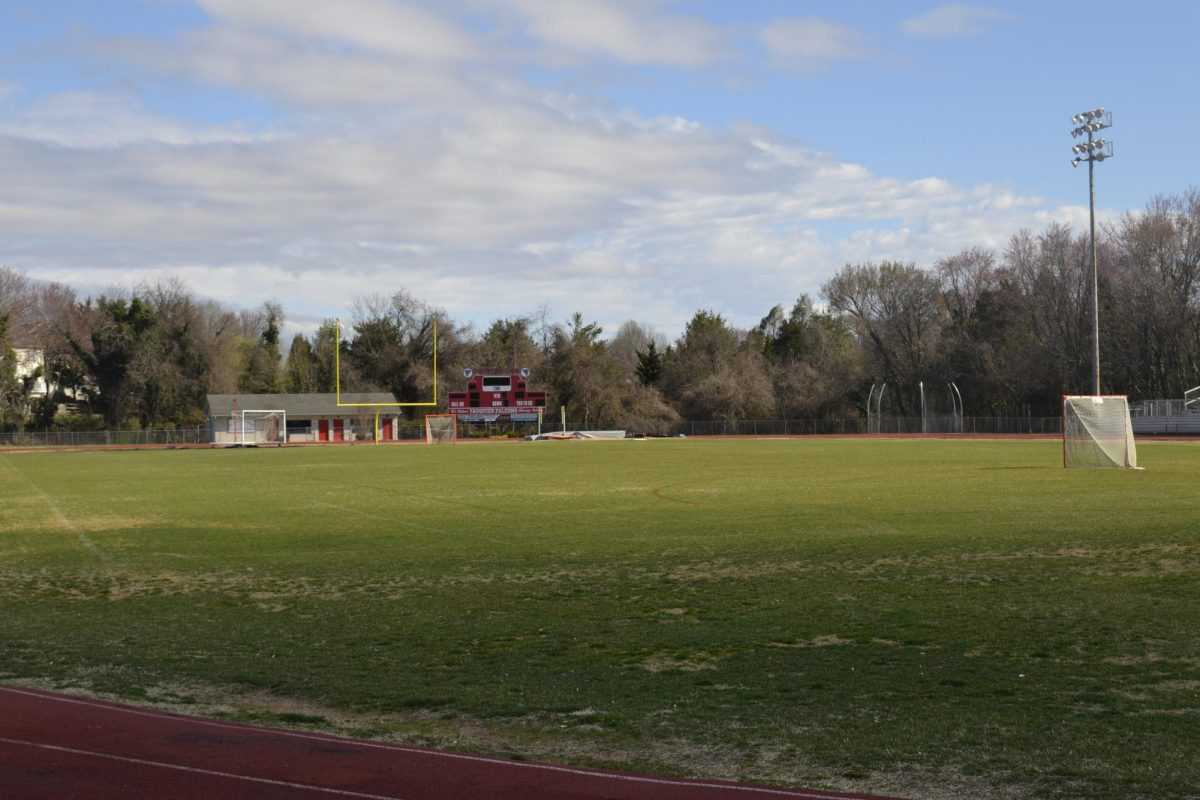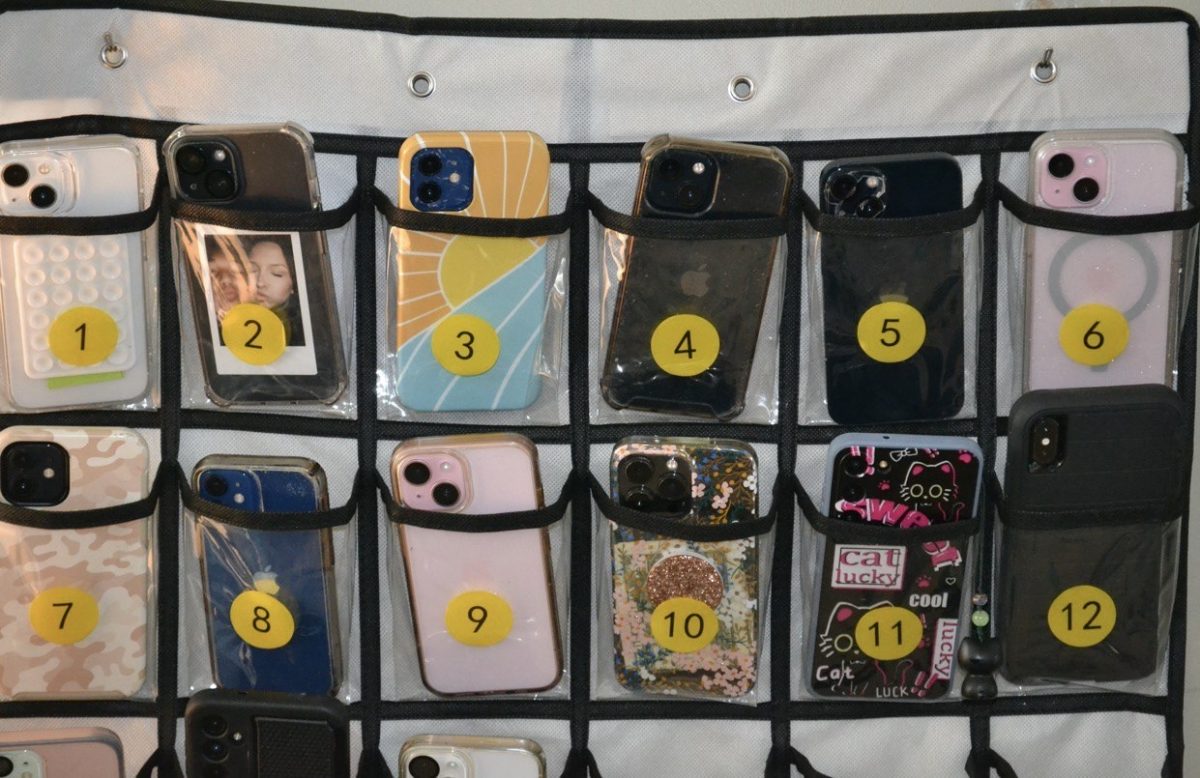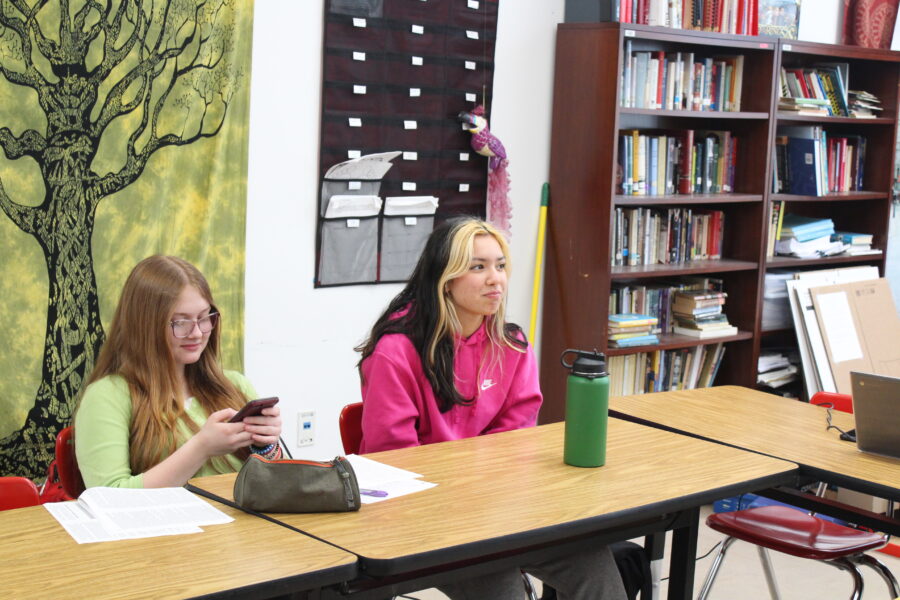Teachers at FHS have brand-new helpers this year, assisting them with organizing, lesson planning and rubric creation. But they’re not county employees: it’s ChatGPT. “I use ChatGPT all the time because it gives me ideas,” said English teacher Cathleen Beachboard, one of FHS’s major faculty supporters of the software. However, the rise of the technology has also prompted new concerns about how it could be abused in the educational environment. “It’s like a [double edged] sword, it’ll help organize material, but I can easily see how it can be abused,” said government teacher David Smith.
The software uses artificial intelligence to generate responses to user prompts unlike any other available tool. It produces in-depth, conversational responses and can answer almost any question using simple sentences or multiple pages of information, prompting concerns about plagiarism. “They could [cheat] through SparkNotes before, but now they can get more authentic answers that are really hard to track,” said English teacher Jennifer Major.
Smith “[has] no doubt” that students are using ChatGPT to cheat in his class, saying, “Sometimes you look at an essay, and the way it’s worded is just not the way a student would word something…I was teaching before Google even existed. And you could, at that time, easily tell when a paper was not possible for a student to have written. It’s really difficult with some of the [new tools].” However, this view is not universal among teachers. Beachboard has remained a firm supporter of utilizing AI tools for educational purposes. “I am not [concerned] because I teach students how to use the tool and how to avoid plagiarism,” said Beachboard.
Despite concerns from some, the obvious educational benefits to the software are numerous. “Let’s say you’re like ‘I don’t know what to write about in this essay’ or ‘I need ideas for this,’ that’s what ChatGPT is for. It can give you a list of 20 different ways to write your paper and ideas on how to do it. And it can give you feedback on your writing to improve it,” said Beachboard.
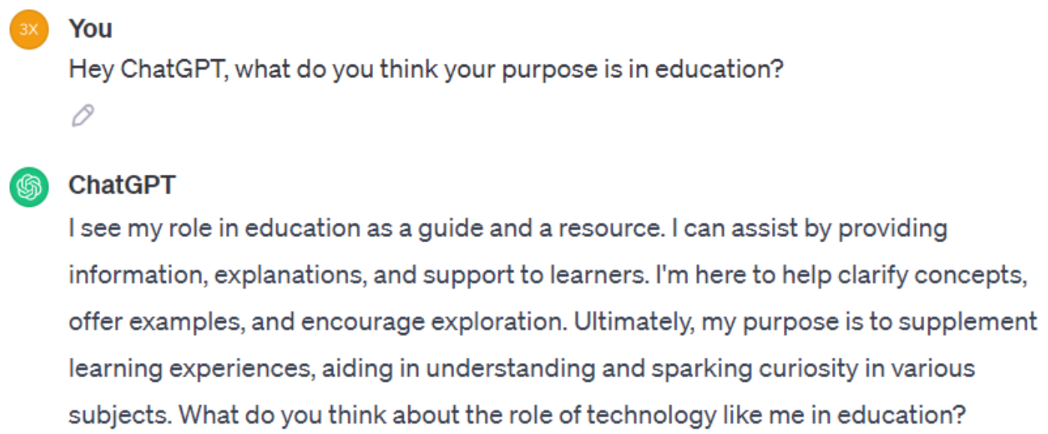
The process for approving a new online tool to be used for students in FCPS is complex. FCPS is responsible for ensuring compliance with federal laws that set standards for safeguarding student information, something that tools such as ChatGPT have faced scrutiny for. The Common Sense Privacy Program, which grades online services based on their privacy practices, assigned ChatGPT a score of 48 percent with a “WARNING” label due to its extensive data collection. FCPS requires all digital education platforms used by the county to sign a data privacy agreement (DPA), which sets strict standards to protect student privacy. “[If] we feel that the company cannot protect our student’s privacy, we will deny the app, even if we feel that there is educational value in the tool,” said FCPS Educational Technology Leader Tina Ference.
Currently, ChatGPT is not a school-approved website, and its use is restricted for students. However, Ference stated certain AI-based tools may be permitted in the future, saying, “Right now, AI is not banned for teachers and we are working on amending our Acceptable Use Policy for students and staff regarding AI.”
Many teachers share the belief that despite the abuse potential and risks of ChatGPT, it ultimately shouldn’t be banned. “Initially I thought it should be blocked, but they’re going to be able to get it anyway, so why not [let] them have access to it so they can use it properly,” said Major. “It’s a tool, and if we don’t have students learn how to use it now, then they’ll go out into the real world, and this tool will not be accessible to them…and it will actually hinder their life and career,” said Beachboard.
Ultimately, the use of AI tools such as ChatGPT in the classroom will largely be determined by the FHS teachers, some of whom express a cautious optimism about the software. Beachboard emphasized the practical applications of ChatGPT outside of the classroom, saying, “We have to show how it can be utilized now to support everyday life, like ‘Hey ChatGPT, give me a grocery list of healthy things I can make for my family in under $10,’ it can do that as well! So when we’re talking about financial planning and a student’s overall life, it is a tool that can help them not just with papers, but with their everyday existence to make their lives better.”

